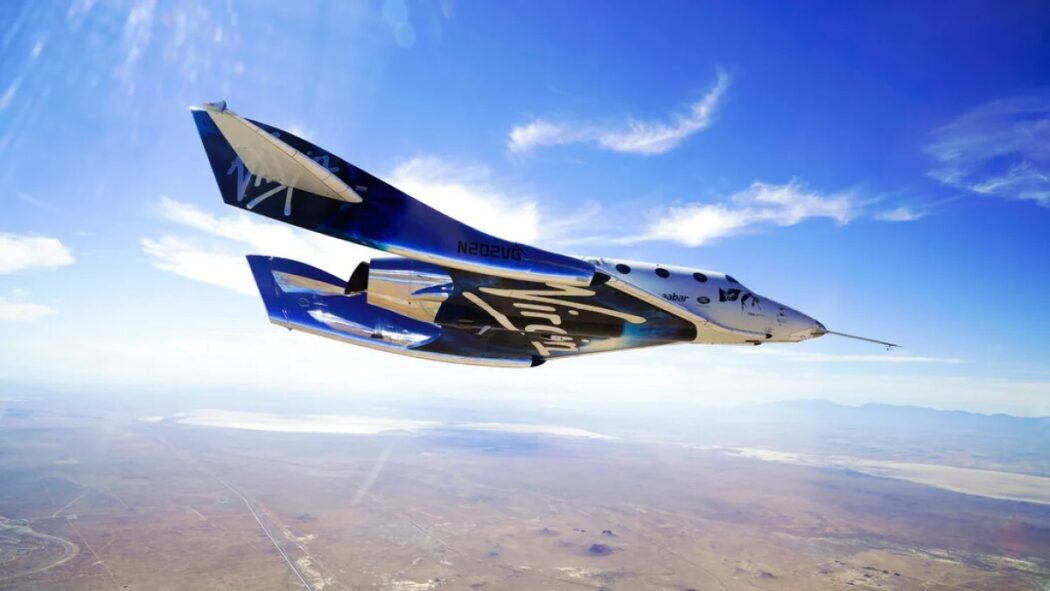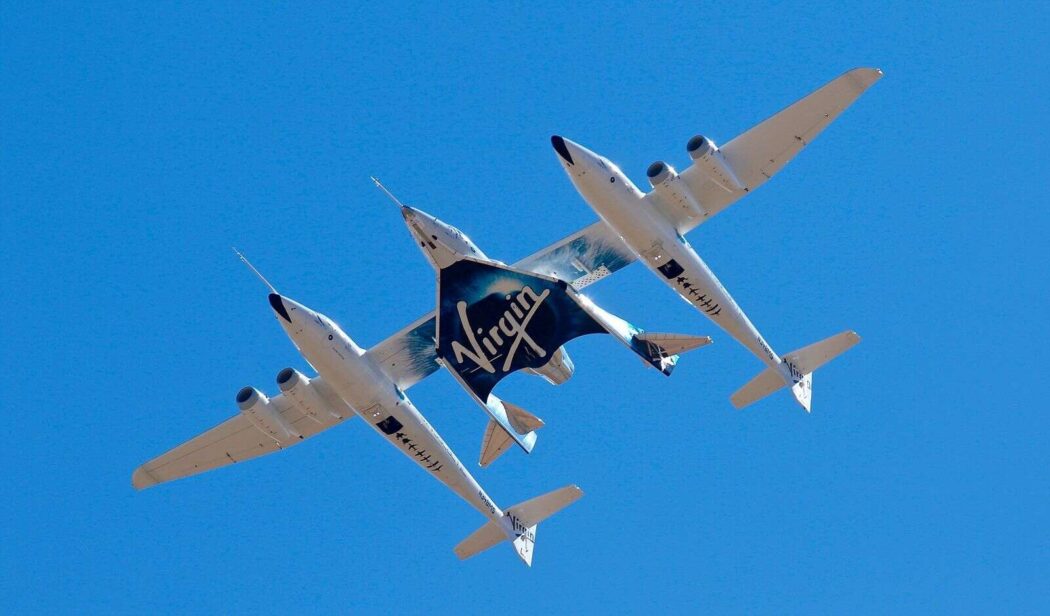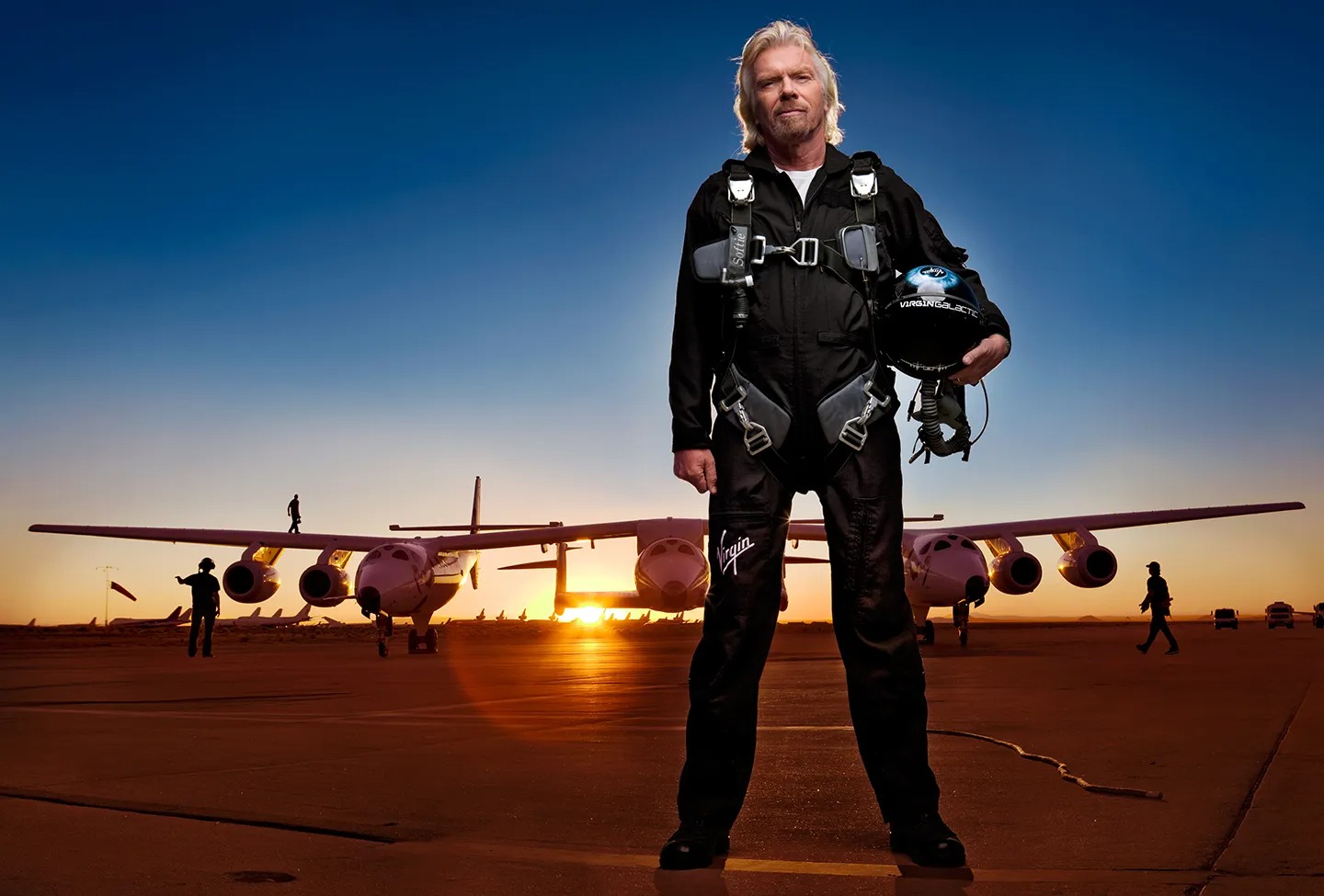Virgin Galactic faced a setback as its founder, Richard Branson, announced that he will no longer inject funds into the space tourism company he established in 2004. This unexpected decision resulted in a 15 percent decline in Virgin Galactic’s stock on Monday.
Branson, a British billionaire, expressed ongoing enthusiasm for the space travel project but cited financial constraints within his Virgin Group conglomerate post the Covid-19 pandemic. He emphasized that Virgin Galactic should be self-sufficient with the necessary funds to fulfill its objectives, despite Virgin Group remaining one of the major shareholders.

Virgin Galactic had recently disclosed its funding through 2026, ensuring a robust cash position. CEO Michael Colglazier stated in a November release that, with approximately $1.1 billion in cash and marketable securities in the third quarter, the company anticipates having enough capital to launch its first two Delta ships and achieve positive cash flow by 2026. Nevertheless, analysts predict that the company might seek additional funding from investors in 2025.

Despite completing six spaceflights in under six months, Virgin Galactic revealed plans to suspend commercial trips for 18 months from the following year to allocate funds for larger aircraft (Delta class) and laid off around 18 percent of its workforce. The successful completion of the Delta program is expected to generate positive cash flow, providing space for more paying passengers. Although Virgin Galactic has not yet turned a profit, its valuation has decreased from $2.3 billion in 2019 to approximately $935 million as of December 1.
Virgin Galactic aims to conduct three spaceflights next year before temporarily halting commercial missions. Colglazier indicated a shift towards higher revenue opportunities for future trips, potentially leading to an increased ticket price of up to ” million, more than double the current $450,000 seat price. This change signals a significant cost increase for space enthusiasts dreaming of cosmic journeys.



